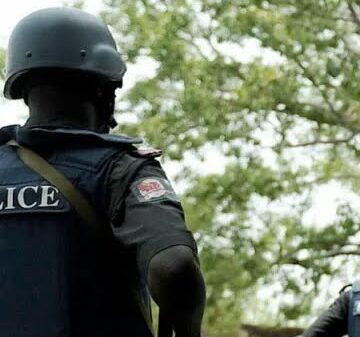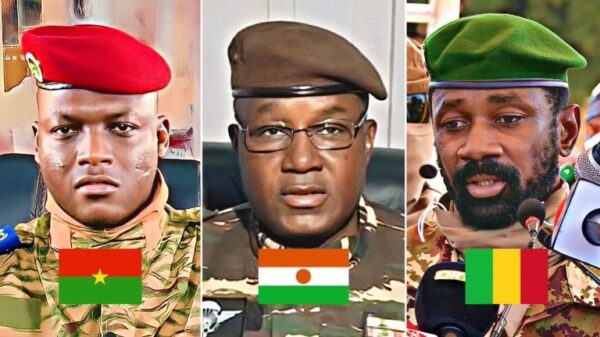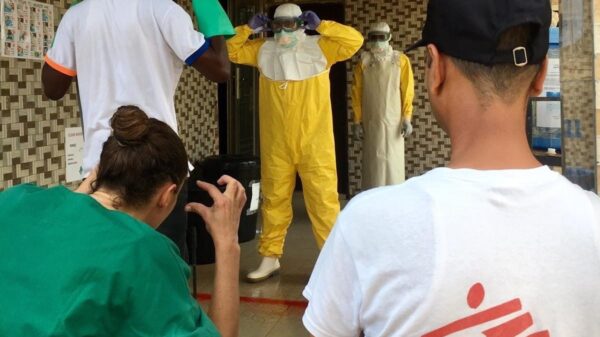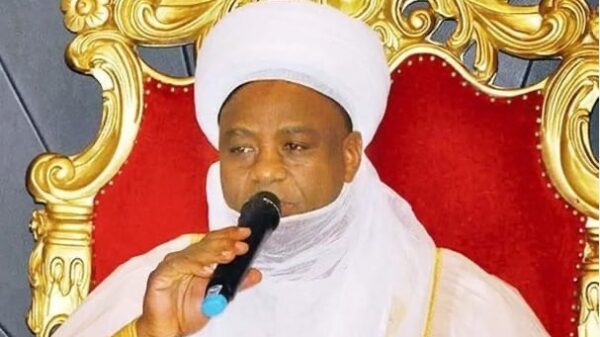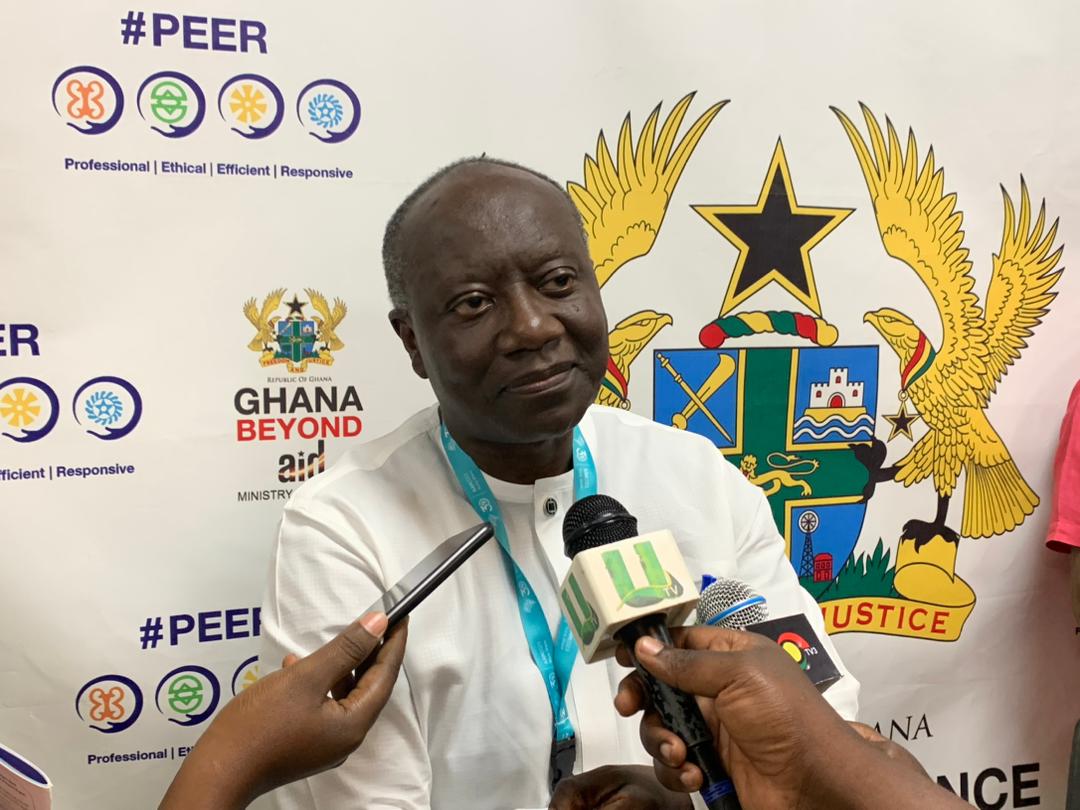Adnan Adams Mohammed
The government is expecting to receive a total of US$6.2 billion from its multilateral agencies to support the rebuilding of the collapsed economy.
These supports coming from the International Monetary Fund, World Bank and AfDB in the next three years will support the economic reformation programme of the debt-riddened West Africa’s once promising economy.
The embattled Finance Minister disclosed when he updated Ghanaians on the economy at a news briefing, last weekend.
“US$2 billion will hit Ghana’s account by the end of 2023”, Ken Ofori-Atta said. “Our commitment to these reforms is matched by our relentless pursuit of innovation and strengthened partnerships.”
Mr Ofori-Atta said: “Backed by the renewed drive for reforms, the government is working towards securing significant support from our multilateral partners”.
“Altogether, and including the IMF funds, World Bank and AfDB support, we expect multilateral support of about US$2.0 billion for 2023 and US$6.2 billion between 2023 and 2026”, he explained.
“We expect the World Bank to provide a total support of US$1.6 billion while the AfDB provides a total support of US$200 million over the programme period”, he added.
Also, he said: “We expect to mobilise catalytic funding of US$30 million in 2023 and US$330 million between 2023 and 2026 from bilateral creditors”.
US$3bn IMF deal ‘not end to our current challenges, the real work has just begun’– Ofori-Atta warns
At the same briefing, Mr Ofori-Atta warned that the US$3-billion-three-year IMF programme secured by Ghana is not the end to the country’s economic woes.
Rather, he said it marks the beginning for taking tough decisions to reset the economy on track.
Mr Ofori-Atta said: “We have an ambitious agenda reform”, but caveated: “Let me state clearly that securing an IMF programme is not an end to our current challenges though it has significantly paved the way for the implementation of an ambitious and well-thought-out programme of reform for our economy and country”.
“In fact”, he noted, “the real work of adjustment, realignment, and the path to steady economic growth has just begun”.
“Let us brace ourselves for the needed reform, especially in expenditure control, non-arrears accumulation, revenue growth, ECG revenue collection, and energy sector reforms in order to rebuild the walls of the republic with urgency”, Mr Ofori-Atta said.
He explained that the Post Covid-19 for Economic Growth reform programme now supported by a three-year extended credit facility with the IMF, “is built on clear targets and strong policy and structural measures”.
“Over the medium term, the economic growth-backed IMF programme seeks to promote a credible fiscal consolidation programme anchored by strong domestic revenue mobilisation and high spending efficiency”, indicated Mr Ofori-Atta.
Ghana has already received the first tranche of $600 million on 19 May 2023 right after the Fund’s executive board approved the deal.







